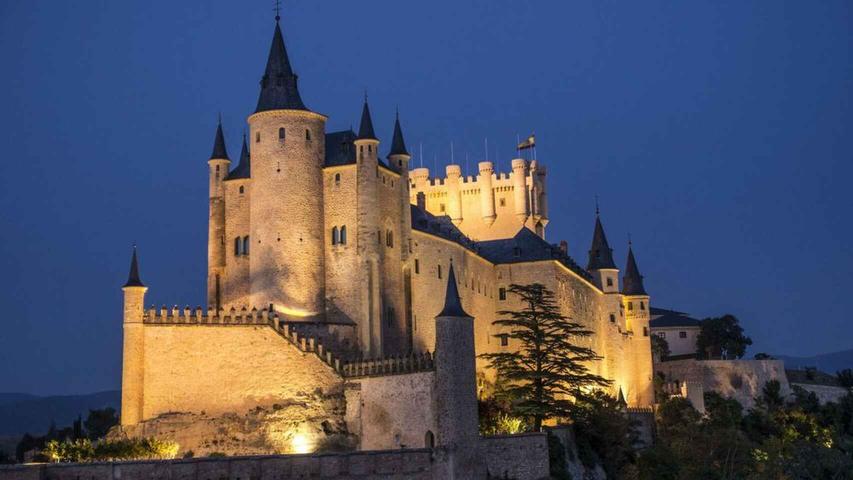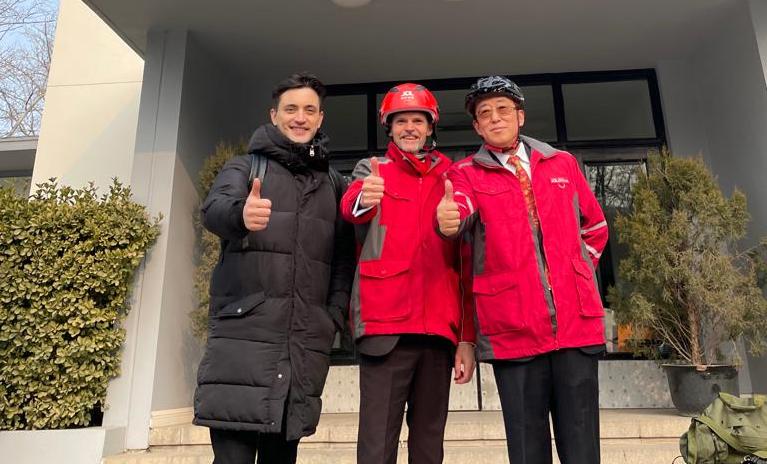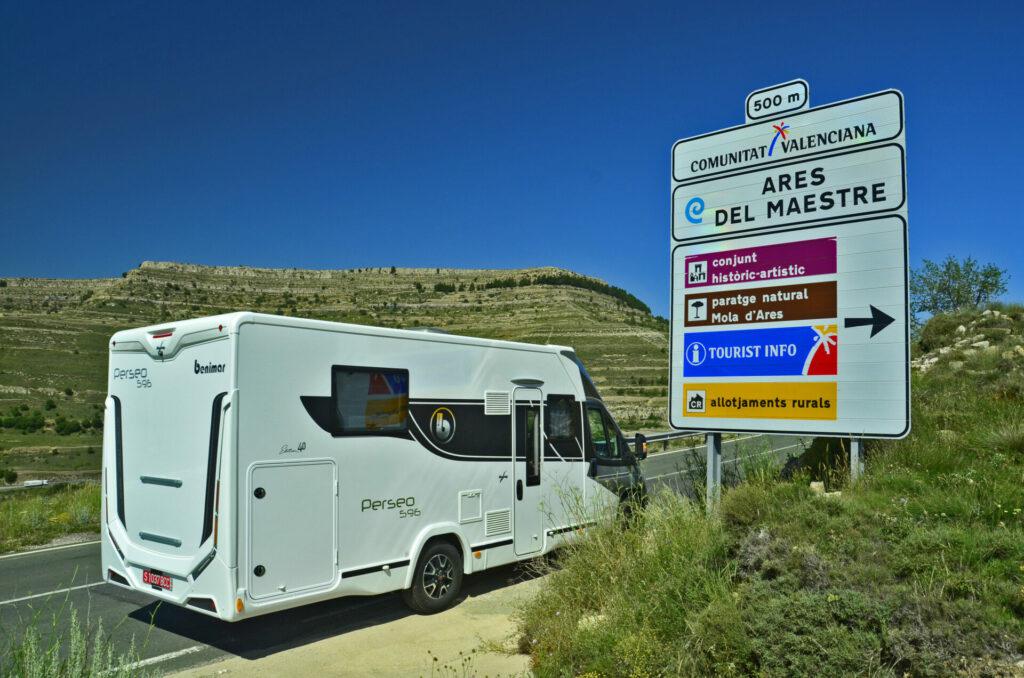Home → fancy clothes → Buying a castle in S...
Buying a castle in Spain is not a fairy tale
Vivir en un castillo como los de Disney. Este es el lujo del que puede disfrutar un magnate anónimo que el pasado mes de diciembre compró el Castillo de Butrón en Gatika (Bizkaia) por cuatro millones de euros. El edificio, del siglo XIII y escenario de guerras medievales, fue remodelado al gusto germánico en el siglo XIX, de ahí el parecido razonable con el de Neuschwanstein, en Baviera (Alemania), que sirvió de inspiración para el logotipo del gigante del entretenimiento estadounidense. Pero tener un castillo no resulta tan idílico. El problema no es tanto el precio como las obligaciones legales que comporta tener un bien de este tipo.
Whoever buys a castle in Spain is acquiring an asset of cultural interest (BIC). This is the case under a 1949 decree, subsequently validated by the 1985 Spanish historical Heritage Act. These fortresses, regardless of their state of conservation, enjoy the maximum protection provided by law for the property of the national heritage. Independently, notes José Méndez, associate director of the Méndez lit office, "whether they have been officially declared BIC or not."
This implies that owners have to preserve them and respect their originality. They cannot renovate without authorization or dedicate the building to activities that may affect the building. They may even be obliged to facilitate visits. The reason, explains Rafael Mateu de Ros, partner in charge of the Department of Art and Cultural Heritage of Ramón y Cajal Abogados, is that, even if their property is private, "they are considered to be in the public domain".
A different question is what is meant by castle. A generic term that is now assimilated to that of defensive architecture, and which "encompasses all the defensive elements from prehistory to the twentieth century: castros, walls, strong houses or fortified religious buildings, among others", notes Pablo Schnell, voice-bibliotecar of the National Board of Directors of the Spanish Association of Friends of Castles (AEAC). The association is inventoried 10,352, although there are many others unaccounted for.
La compra de un castillo está plagada de singularidades. Para empezar, apunta Roger Dedeu, socio fundador de Gabeiras & Asociados, la operación puede retrasarse meses por los trámites con la Administración. Cuando el titular del inmueble decide venderlo, explica, tiene que comunicarlo a la comunidad autónoma en que se encuentra “por si esta, o el Estado, quieren hacer valer su derecho de tanteo (adquisición preferente) por el precio ofertado en el plazo de dos meses, cosa que, normalmente, no ocurre”.

Then there is the issue of maintaining and conserving the castle, which means "a constant and high expense," Dedeu points out. The aid for restoration, Mateu de Ros regrets, "is not always granted or insufficient". The budget is also triggered by the fact that they must have specialized technical staff for the works. Everything is protected, says Méndez, "from the roof to the doorknob." Moreover, if the owners do not meet the requirements for carrying out any maintenance, they face a fine and pay out of their pocket for the actions performed. Even, ultimately, the forced expropriation of the building.
@ foyin _ og I'm trying _ I really appreciate this thanks babe
— Naledi M Tue Jul 20 11:07:10 +0000 2021
Open to the public
Nor is it possible to dispose of the castle with the freedom with which any private property is used. There are limitations, Dedeu points out, "which have to do with urbanism and access and use." Owners must allow inspections, and, if so, public visits. In Asturias, for example, they must open the doors at least four days a month unless it is "their continued residence", notes Mateu de Ros. In 2003, the Superior Court of Justice of Catalonia fined the owner of a 10th century castle, located in Talamanca, Bages, with 8,932 euros for refusing to teach it to the public.
Few people live in a castle today, so to keep it, you have to exploit it. The Castle of Butrón, for example, has appeared in commercials and television shows, but any activity is closely monitored. Owners must request permission to hang any kind of sign, advertisement or commercial sign on the façade. In addition, Mendez points out, there are a number of criminal risks. As the lawyer and collaborator of the Hispania Nostra association for the protection of historical heritage warns, "the promoters of a macro party could be prosecuted if they cause damage inside or outside, or alter their configuration to a minimum."
It is customary for the interested parties to put themselves in the hands of experts. "all applicable legislation needs to be analysed to know exactly what can and cannot be done at the urban, tourist, environmental, industrial and commercial levels," Dedeu explains. A relevant prevention when thinking about assigning it to weddings and other events. Lawyers also advise, Mateu de Ros adds, on other doubts such as "finding architectural remains".
Normally, whoever buys a castle has money to keep it. The problem, Mendez points out, is usually of "those who by lineage receive it in inheritance." Despite the interest of the local population in preserving a piece of their history, if there are no resources, many end up abandoned. "only those most relevant for their notoriety enjoy real protection through public intervention," he regrets. "many are ruins in hard-to-reach places that rarely arouse the interest of administrations," Schnell says. But, for those who love fortifications, "they are as important as those restored in the center of the towns."
Tax advantages
In exchange for the legal obligations they have as owners of a castle, holders may apply for public support for maintenance or repair work. Sometimes, owners of a property of cultural interest may also benefit from the exemption from payment of municipal real estate tax, better known as IBI. However, in order to enjoy this exemption, explains Rafael Mateu de Ros, partner in charge of the department of Art and Cultural Heritage of Ramón y Cajal Abogados, "the castle must not be attached to economic farms". I mean, it can't be a hotel or have a restaurant.







